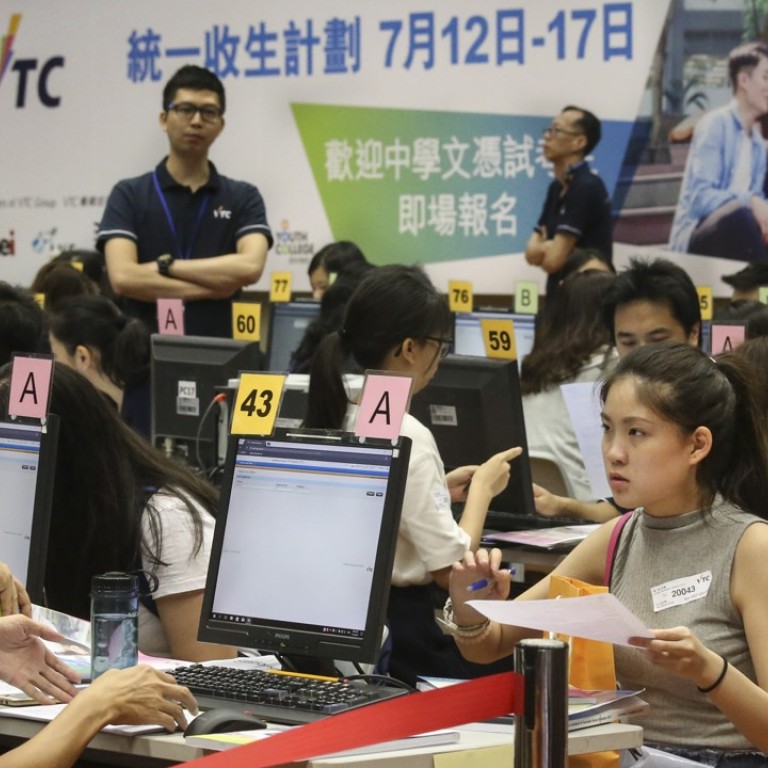
Why Hong Kong’s private tertiary institutions may need to find their own niche to survive
Task force reviewing self-financing post-secondary education expected to elaborate on its proposals in coming weeks for public feedback
Hong Kong’s private tertiary institutions, once seen as a second chance for youngsters who could not make it to public universities, are facing an uncertain future amid declining enrolment.
But the academic tasked by the government to lead a review of the self-financing post-secondary education sector believes they can continue – if they reinvent themselves by offering specialised, niche courses.
At a recent conference, Professor Anthony Cheung Bing-leung said: “Instead of seeing the student population decline as a threat, we should turn it into an opportunity to consolidate and enhance the sector’s strength moving from quantity to quality.”
Because of the shrinking birth rate over the years, only 43,000 secondary school leavers are expected in four years, from 57,000 in 2016.
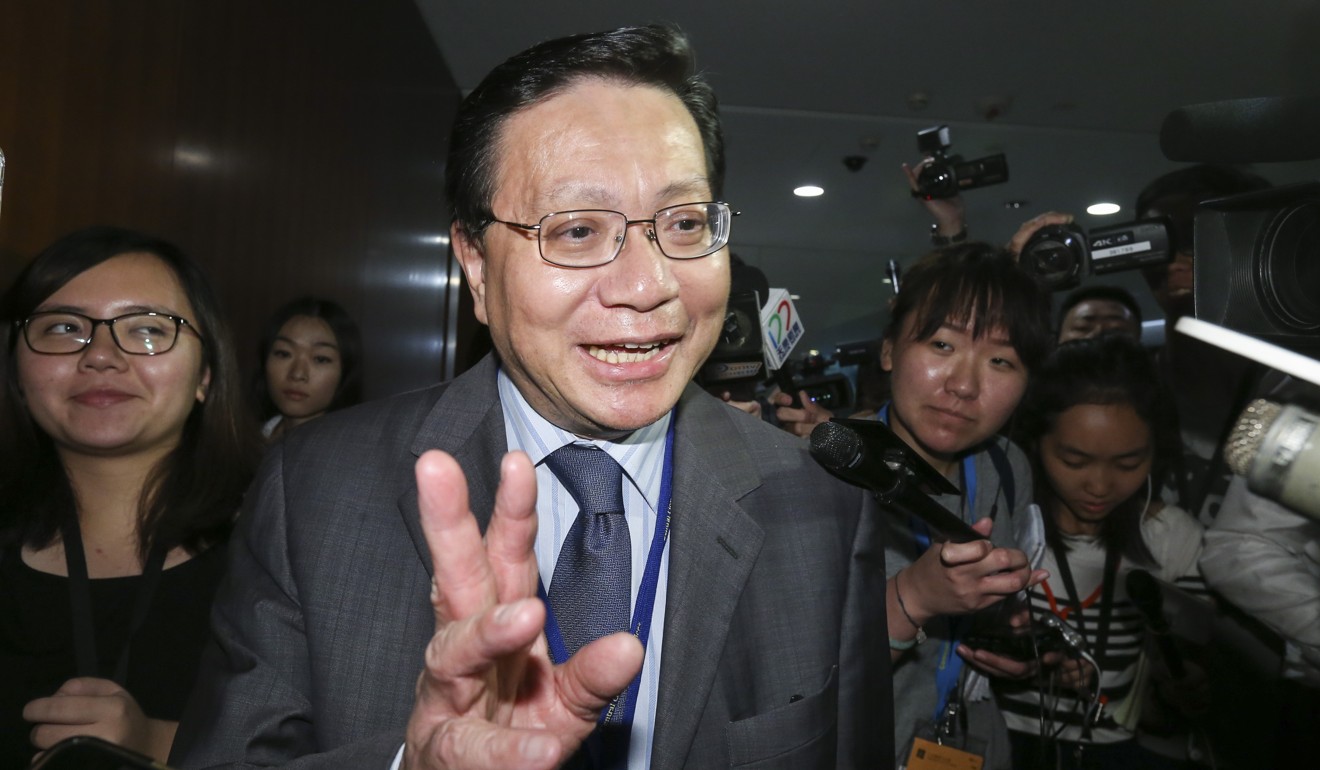
While Cheung did not confirm what the Task Force on Review of Self-financing Post-secondary Education, which he chairs, would propose, he did admit the group’s preliminary thinking was for the sector to be reformed so that it would be “complementary, not supplementary to” public universities.
One challenge though is that it “can in no way match with [public universities] whether in terms of endowments, funding resources or institutional reputation”, he said.
HKU attains seven-year high in QS World University Rankings
The task force, set up last October, is expected to elaborate on its proposals in the coming weeks for public feedback, before it submits its final report to the government at the end of the year.
Peter Yuen Pok-man, chairman of the Federation for Self-financing Tertiary Education, suggested the government allow more students from Greater China to enrol in self-financing programmes and to give these institutions more research funding.
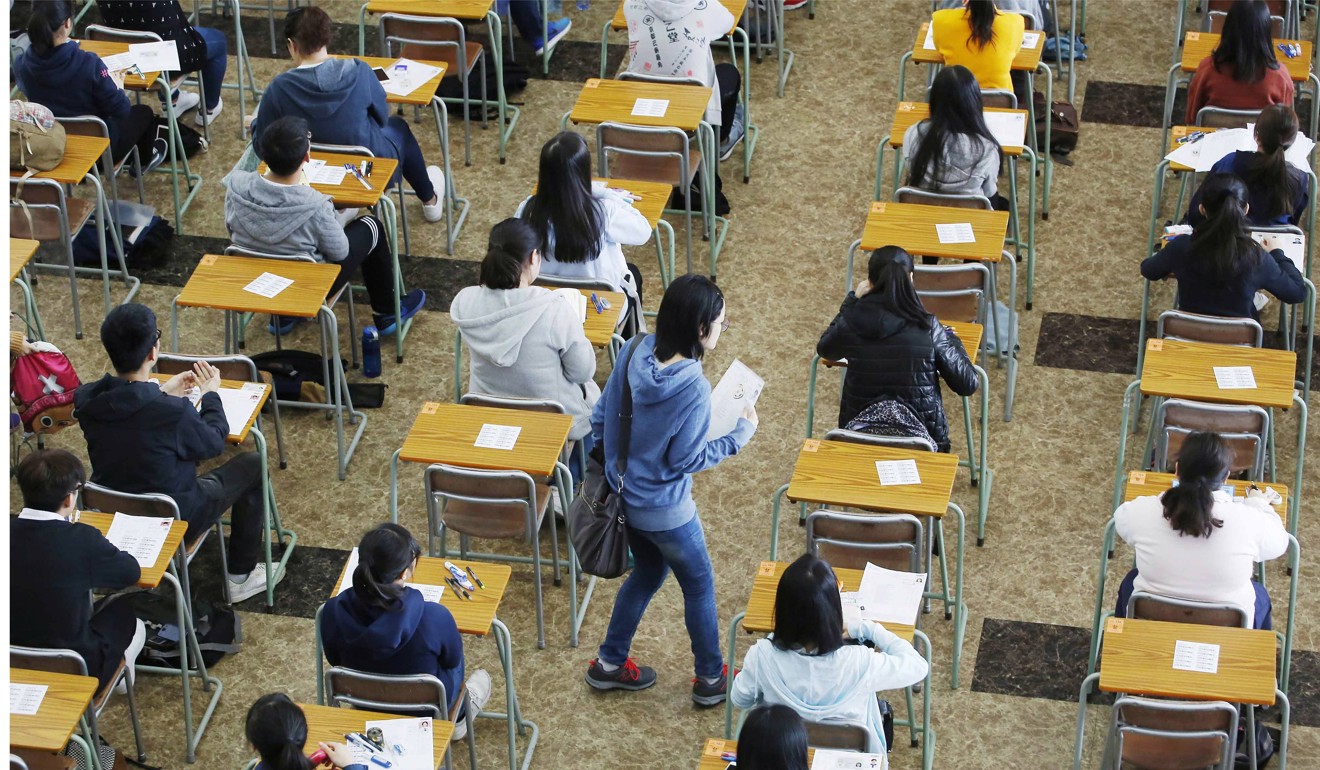
Currently, only 10 per cent of their intake can be from Greater China, with the rest being mostly locals and a small number of international students.
The boom in private degree programmes came after then chief executive Tung Chee-hwa announced in 2000 an aim for 60 per cent of secondary school graduates to receive higher education in 10 years. In recent years, this has risen to more than 70 per cent.
University rankings are useful, but they don’t tell the whole story
But only 15,000 students are admitted to first-year undergraduate courses at eight publicly-funded universities. In the coming school year, the Vocational Training Council will also offer about 17,000 diploma, higher diploma and degree programme places, with many being subsidised. The intake figure is adjusted every year.
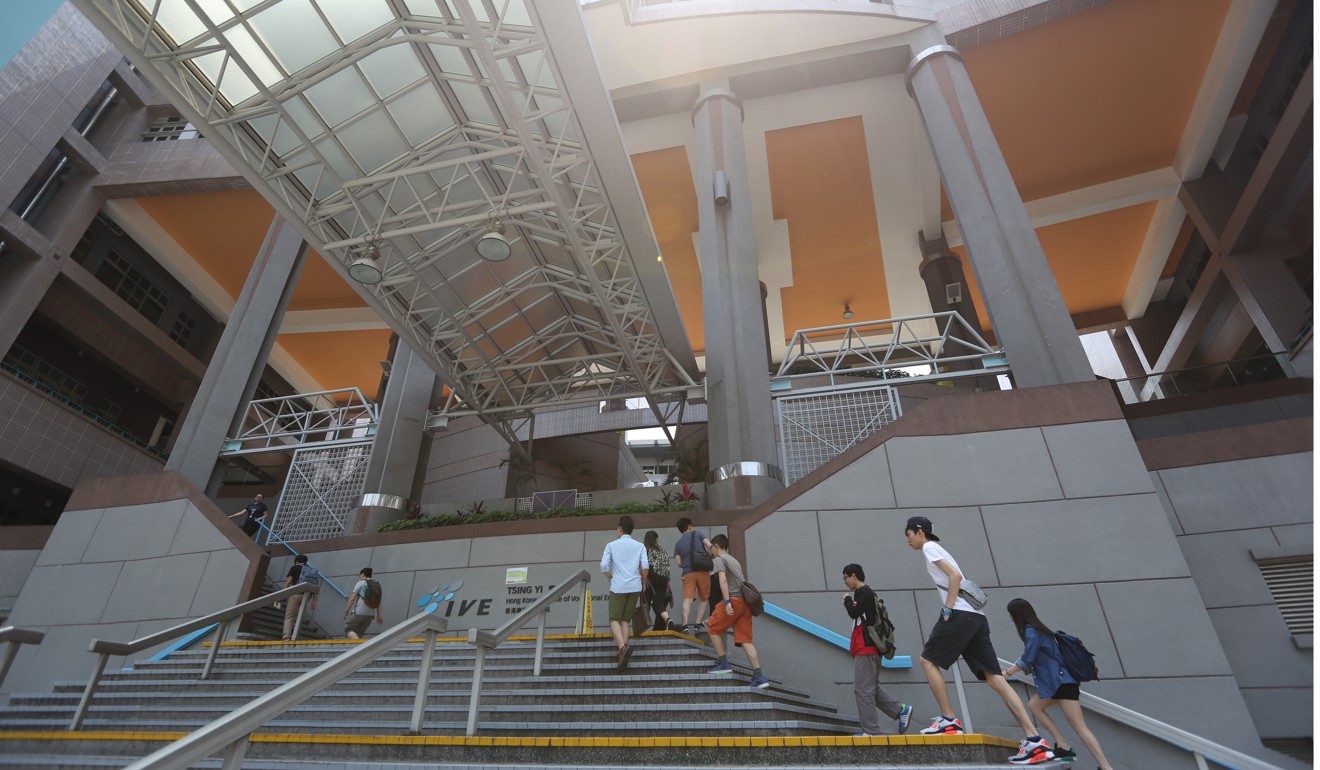
Self-financing post-secondary programmes now offer about 150 bachelor’s degrees and 300 associate degrees or higher diplomas, compared to about 40 and 230 courses respectively about a decade ago.
The programmes are offered at more than 30 institutions, including private and public ones and self-financing arms of government-subsidised universities.
Three Hong Kong universities in Asia’s top 10 – but Singapore still number 1
But Cheung was not as reassuring when it came to associate degrees – two-year, self-financed sub-degree programmes used as a stepping stone by weaker students to bachelor’s degree programmes in public universities. Those with associate degrees can enter Year Three of a four-year undergraduate degree course at university.
Part of the task force’s job has been to ask if this sub-degree is a valuable qualification. The government seemed to sideline these qualifications when it began offering an annual subsidy of HK$30,000 (US$3,850) last year for undergraduates pursuing full-time private degrees in the city.
“We take a positive view about the usefulness and contribution of sub-degree education, but we have to make sure the kind of sub-degree programmes provided really meet the needs of the community,” Cheung said, stressing that quality assurance was paramount.
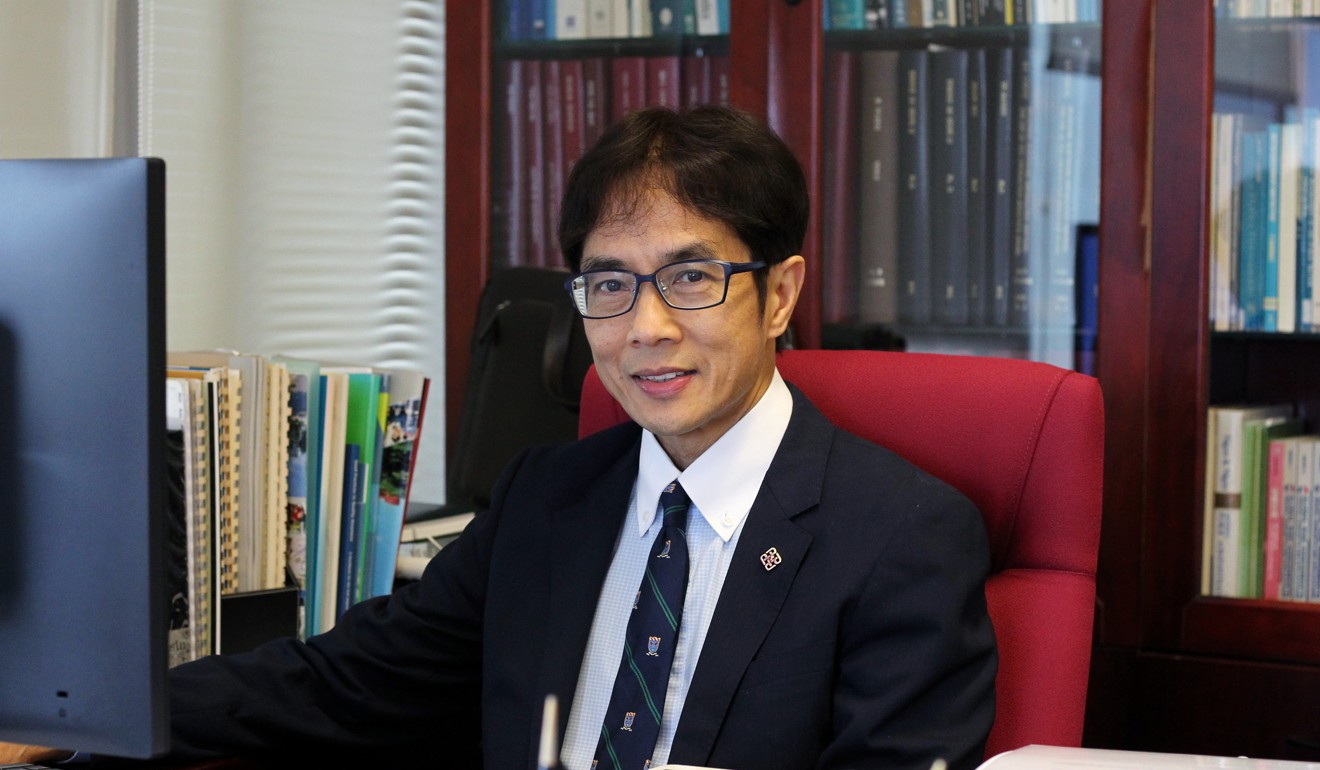
Yuen said associate degrees, with their focus on problem-solving and group work, provided a second chance for some students.
“Some who might not do well for secondary school might find this kind of approach better,” he said, adding that half of associate degree holders from his school went into public universities.
The dean of Polytechnic University’s College of Professional and Continuing Education, a self-financing arm of the institution, added that statistics from his school showed that when given the opportunity, associate degree students did equally well. For example, associate degree graduates scored an average GPA of between 2.98 and 3.09 from 2013 to 2016 in Year Three at PolyU, compared with the PolyU average of 2.99 to 3.03 in the same period.
HKUST and CityU among top 10 in world young university rankings
He urged the government to extend the HK$30,000 subsidy to public universities that provide self-financing degrees and to provide a HK$20,000 voucher for those pursuing sub-degree programmes.
Gordon Tsui Chak-pong, 30, currently in the second year of his PhD studies at the University of Hong Kong, agreed with keeping associate degrees. His poor A-level examination results prevented him from entering university but he did an English studies associate degree before ending up in his current role researching education policies.
“I enjoyed the freedom teachers gave me in learning, such as giving me many references which I could have my pick on for what to read,” Tsui said, adding his associate degree training benefited him in his future education.

